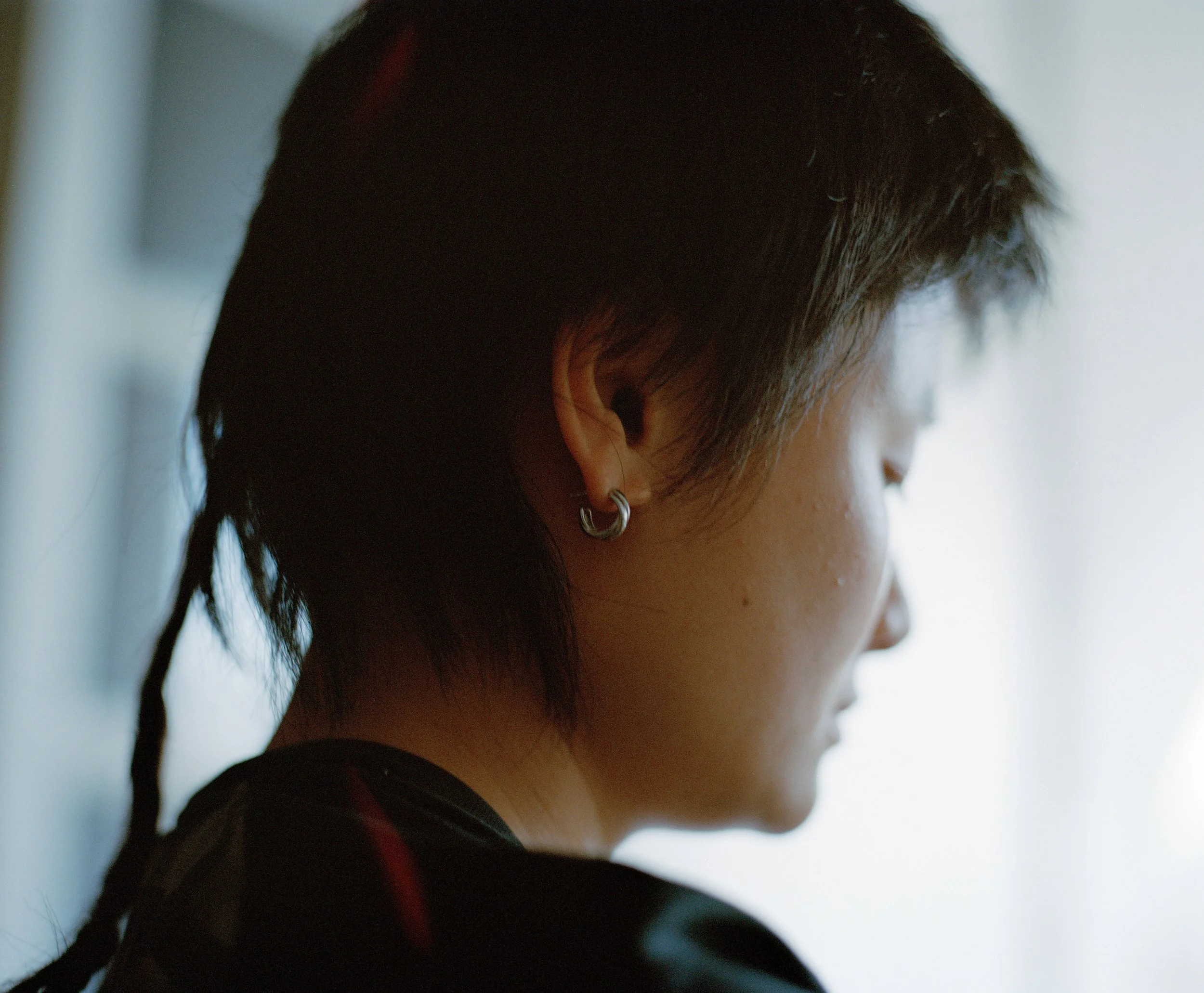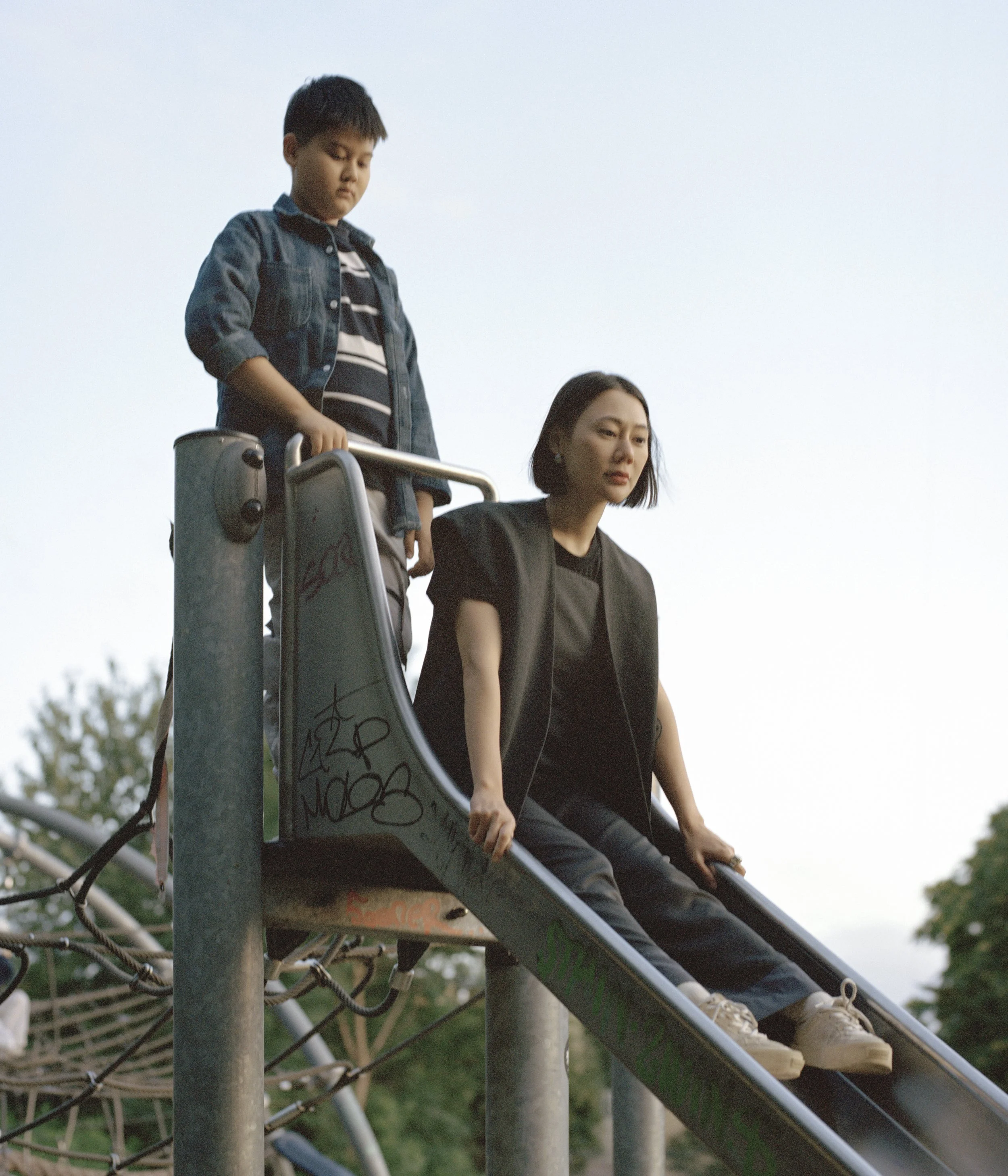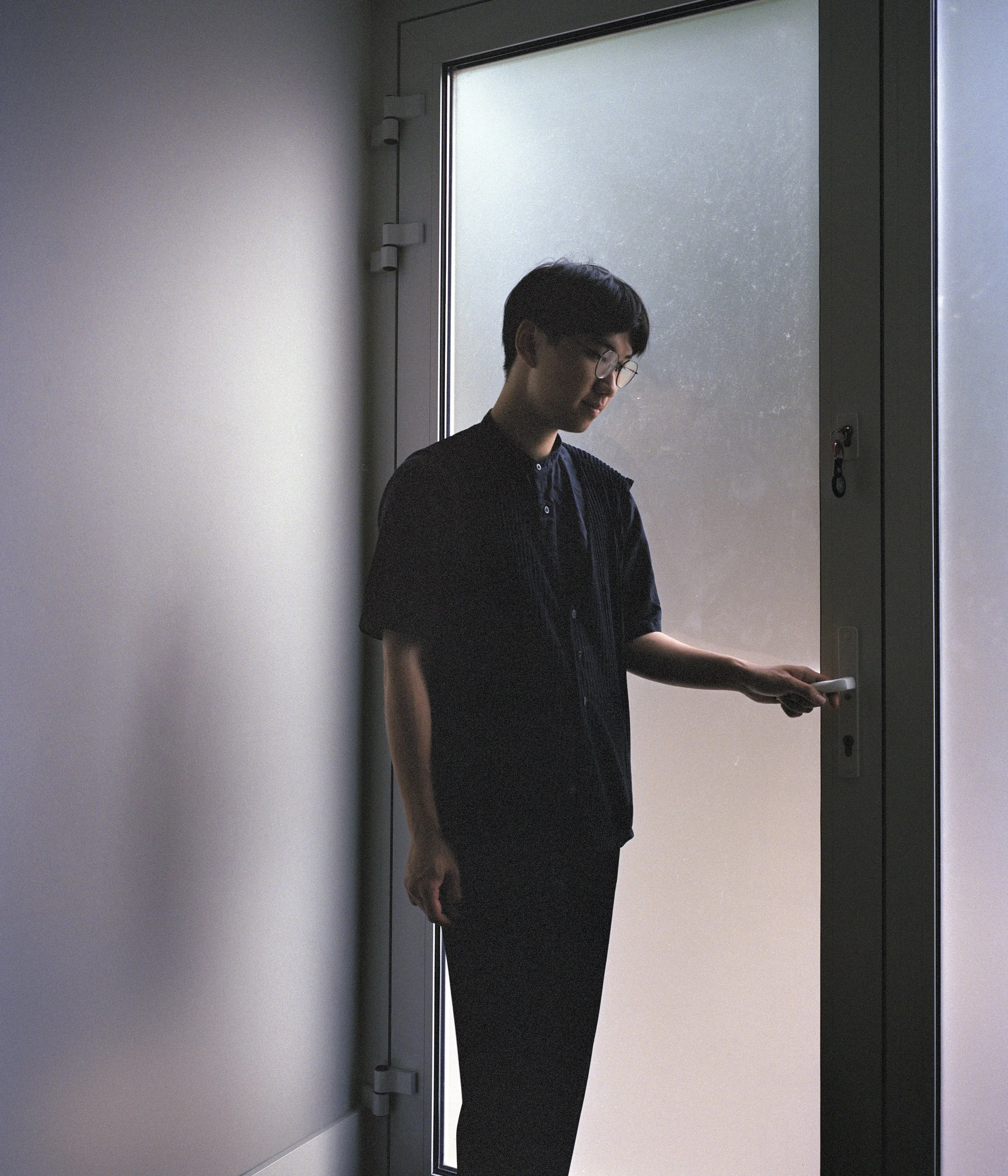Fish Tail/鱼尾
2025-Ongoing
I grew up in a family full of contradictions—care and constraint, intimacy and distance. These seemingly opposing emotions intertwined to create a subtle yet genuine atmosphere. In some families within Chinese society, love is not only expressed through care and dedication but is also often accompanied by unspoken sacrifice.
“Fish tail” is a metaphor and microcosm of such family relationships: “You eat the fish belly; Mom and Dad will just have the tail.” This model of education, based on self-sacrifice, is passed down through generations under the logic of “It’s all for your own good.” It shapes our understanding of love and quietly influences children’s self-confidence, emotional expression, and sense of self-worth.
Through an online call for submissions, I came to know many peers who share similar childhood experiences. As a narrator, I listened to their stories while intentionally maintaining a certain distance from the subjects. This distance is both visual and emotional—not a closeness that intrudes, but a silent gaze grounded in respect. It reflects the very theme I seek to explore: in many family relationships, intimacy and estrangement coexist, and emotional expression is often restrained or difficult to articulate.
I hope that viewers, when looking at these images, can feel that emotional tension—so close, yet just out of reach—and be prompted to reflect more deeply on the ways emotions are expressed within family relationships.
我成长于一个矛盾的家庭中,关怀与约束、亲密与距离。在这些看似对立的情感中交织出一种微妙而真实的氛围。在中国社会的一些家庭中,爱不仅体现在呵护与付出之中,也常常伴随着未被言说的牺牲。
“鱼尾”正是这类家庭关系的隐喻与缩影:“你吃鱼肚子,爸爸妈妈吃鱼尾就行了。”这种以牺牲自我为前提的教育模式,在“一切都是为了你好”的逻辑中代代相传。它塑造了我们对爱的理解,也悄然影响着孩子们的自信心、情感表达以及对自我价值的认知。
我通过网络征集的形式,认识到了许多跟我有着相似成长经历的同龄人。我作为转述者,倾听他们的故事,并有意保持了与被摄者之间一定的距离。这种距离感既是视觉上的,也是情感上的,不是贴近与打扰,而是尊重与沉默的注视。这种距离也反映了我所试图呈现的主题本身:在许多家庭关系中,亲密与疏离并存,情感的表达常常是内敛甚至难以言说的。我希望观者在观看这些影像时,能够感受到那种“近在咫尺却又不易触及”的情感张力,从而引发对于家庭关系中情感表达方式的更多思考。

























